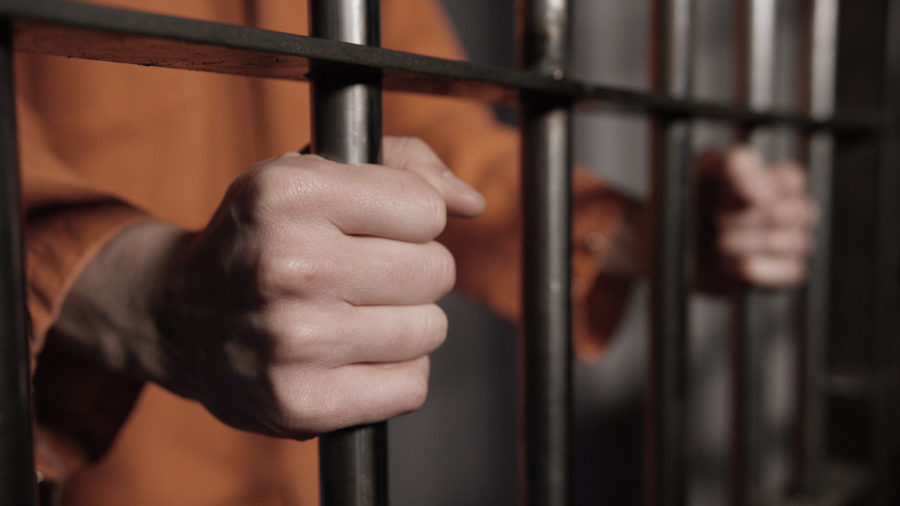Column about Prison for Profit: America’s Discriminatory System
December 26, 2017
2017 has been a year of turmoil for Americans with the rocky beginnings of Trump’s presidency, hurricanes wreaking havoc on the East Coast, and consistently horrifying sexual assault allegations saturating the news. As the chaos of the past year rages, an equally unsettling trend has continued to spiral out of control. According to the Prison Policy Initiative, 2.3 million Americans were incarcerated in 2017, one of the highest jailing figures of all time. Many of these arrests center around Americans’ inability to pay expensive fines. The current prison system preys upon poor Americans.
The problem: the current prison system operates like a debtor’s prison, targeting the poorest Americans with unreasonable punishments for the inability to pay expensive government fines.
The Prison Policy Initiative reports that 77 percent of individuals held in local jails are pretrial, meaning they have not been convicted of any crimes, they simply cannot pay the price of bail. Fundamentally, the idea of a person having to pay for his own freedom is unconstitutional, yet continues to become more commonplace in our society. Further, despite the skyrocketing jail populations since the 1980s, convictions have held a steady rate for the last 15 years, suggesting that pretrial detention has grown into an industry profiting off the most vulnerable Americans as more people are being forced to pay to be released for crimes they end up not being convicted. The crimes landing the vast majority of Americans into such situations are not what may be expected either.
The Atlantic confirms that In St. Louis, a center for the crisis, the inability to pay fines for minor infractions such as expired vehicle registration, speeding, or seat belt tickets results in imprisonment and even more parole fees upon release. Qiana Williams, a native of St. Louis, was jailed several times for her inability to pay for parking violations and missed her own college graduation after being arrested while being only 12 credits short, unable to pay the $250 bail and unable to get a degree to provide for her family. Although situations like Qiana’s are not limited to St. Louis, charges have been brought against high profile offenders like Ferguson and Baltimore, and as the ACLU reports, even less talked about cities have sourced a large share of their income from court proceedings, including a $4 million figure from New Orleans. Also, a vice documentary titled “Debtors’ Prisons” cites that municipalities in Missouri can make 20 to 40 percent of their revenue from fining citizens; the local government relies on fees for nearly half of the money it makes. The fines being collected by the government are disproportionate to their offenses and offer no solutions for those who cannot afford them. Rather than protecting the public, fees trap people accused of inconsequential crimes in a vicious cycle that leaves them imprisoned, unable to work, and with even more money being demanded from them.
The solution: eliminate the unfair systemic issues within the American prison system. Completely fixing the American prison system is a tall order, but far from impossible according to the Prison Policy Initiative. Strategies such as reviewing and means — testing punishments in court ensures appropriate punishment for small offenses. Means — testing is a process in which the income of the defendant is taken into account when receiving a fine and the amount is altered accordingly. Additionally, public defenders should be made available and should give sufficient attention to all defendants regardless of income. Providing more involved and accessible defenders would cut down on disingenuous plea bargains which are pervasive in the current system. Further, perhaps the most important change that must be made is legally requiring public departments to fund their programs through means other than court fees and fines, getting rid of the incentive for police departments to aggressively collect money.
America must stop treating the poor like criminals. The modern day debtors’ prison is alive and well in our country and cannot be swept under the rug any longer, action needs to be taken immediately as no more fellow Americans deserve to fall victim to our predatory prison system. No nation has the right to profit from preying upon the most vulnerable citizens.


